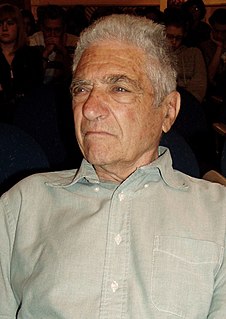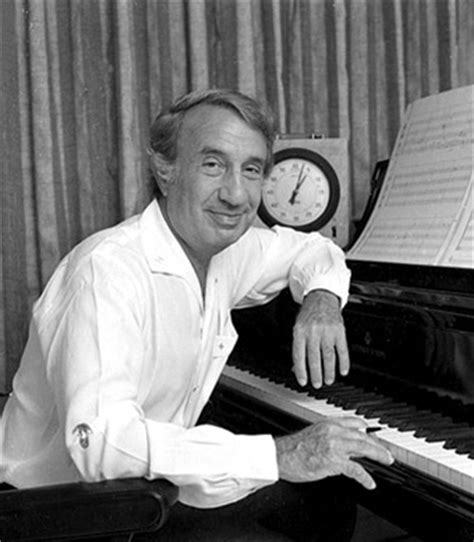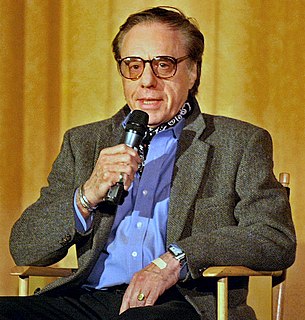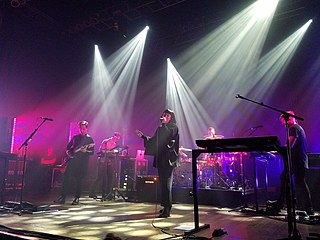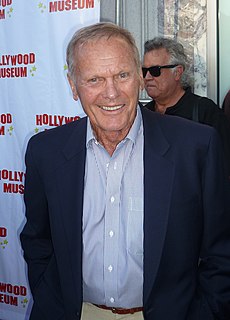A Quote by Crispin Glover
When I started acting in the film industry when I was 16 years old, in 1980, I was going to all the revival theaters in Los Angeles. They were playing mostly films from the '60s and '70s, some from the early '20s and '30s, before that Hays commission. Those films did question things a lot, and there definitely was a switch in 1934. You can see very distinctly in 1934, it's harder to understand what the real culture was. Films made before 1934, you can really kind of see the racism, sexism, drug use, etc. that was going on at that time. And then it was all stopped.
Quote Topics
Acting
Angeles
Before
Commission
Culture
Definitely
Did
Drug
Drug Use
Early
Etc
Film
Film Industry
Films
Going
Harder
Industry
Kind
Los
Los Angeles
Lot
Made
Mostly
Old
Playing
Question
Racism
Real
Really
Revival
See
Sexism
Some
Started
Stopped
Switch
Theaters
Then
Things
Those
Time
Understand
Use
Very
Were
Years
Related Quotes
It's been very much in the blood since I started imagining films or shooting with 8mm when I was a kid. I made some films and thought about films, but then I went into writing. Becket is something that's definitely on the cards. We have to see where that fits in the schedule, because it's a big picture and I have a lot of writing obligations at the moment. I'm wary of anything with a budget over a certain amount.
I think one of the reasons younger people don't like older films, films made say before the '60s, is that they've never seen them on a big screen, ever. If you don't see a film on a big screen, you haven't really seen it. You've seen a version of it, but you haven't seen it. That's my feeling, but I'm old-fashioned.
In an old model, the way a film would imprint itself on the public's consciousness is to get a theatrical run. But now there are more documentaries and more films in general being released than ever before. There are weeks when the New York Times is reviewing 15 films, so it's harder to leave an impression on the public. A lot of these films are seeing their financial future on digital platforms. Because viewers aren't hearing as much about films in theatrical release, I think the festival circuit is going to have increasing importance for the life of a film.
I feel that so many sci-fi films and films in general have just become really dependent on and addicted to CGI, and that some of the big CGI films of the summer, you see these effects that look like crap. You don't know if you're watching a cartoon or something that's real. And I didn't want to fall into that trap. I really thought there was a way to use a lot of these old techniques to do some new and really neat stuff.
Once in a while a good opportunity would come along, like the first 'Playhouse 90 ever to air - working in television afforded me my best opportunities. The (film) industry was going through such turmoil at the time - studios didn't know where to go anymore, they were falling apart, television was there. They didn't know what kind of films people wanted. The European films were making a huge impact because those films wanted real people in real situations.
I love a chance to shoot real locations, because in films in the earlier days before people traveled as much, it was exotic to see a film set in Switzerland, and that area has been taken over by CGI, mostly, and fantasy landscapes. It's unusual to see this much landscape, people say it's old fashioned. So what you're referring to is there was that period in the '50s and '60s when there were epics and you saw landscape.
There's a thing I really mind hearing, when someone says: "That's not my kind of film, I don't want to go and see that..." I don't believe that, I don't believe that it's possible to write off a whole genre of filmmaking - "oh I don't like subtitled films", or "I don't like black and white films", or I don't like films made before or after, a certain date" - I don't believe that.
When I moved to Paris in the '70s, there wasn't very much going on in film in England. So when I started doing French films, there was a natural movement toward the kind of films I wanted to do. It wasn't the reason I came, but it so happened that I stepped into a time and place that actually corresponded to what I wanted. That sometimes happens in life. And it was rather beautiful.
I didn't see films when I was young. I was stupid and naïve. Maybe I wouldn't have made films if I had seen lots of others; maybe it would have stopped me. I started totally free and crazy and innocent. Now I've seen many films, and many beautiful films. And I try to keep a certain level of quality of my films. I don't do commercials, I don't do films pre-prepared by other people, I don't do star system. So I do my own little thing.


